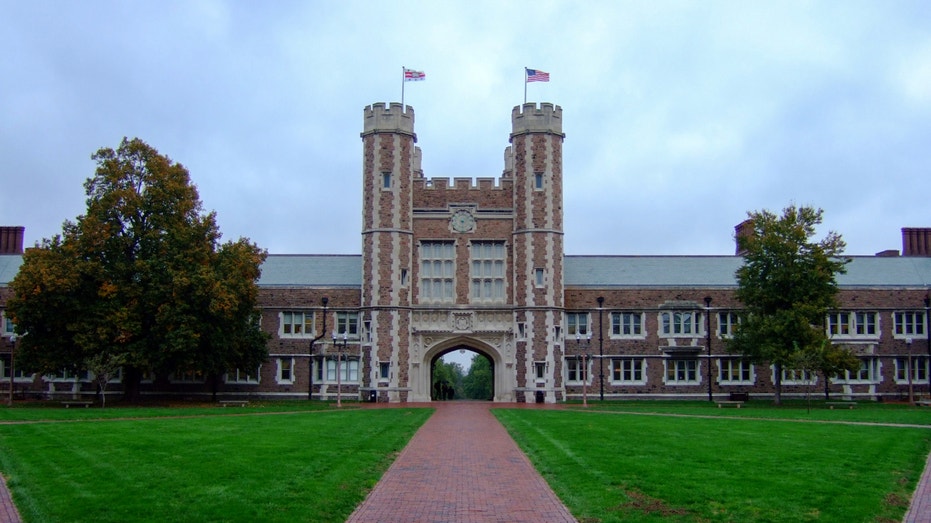ANTISEMITISM EXPLODES: Nation on Edge as Crisis Panel Sounds Alarm!

A groundbreaking forum is set to unfold next week as federal judges prepare to directly address the escalating issue of antisemitism. This unprecedented event, taking place at the Federalist Society’s annual National Lawyers Convention, will feature a multi-judge panel – a departure from the convention’s traditional single-lecturer format. The shift reflects a growing urgency to confront the surge in antisemitism following the October 7th attacks on Israel. U.S. District Judge Roy Altman, who will moderate the discussion, emphasized the timeliness of the conversation. He believes it’s a crucial moment to reaffirm Western values and champion the power of open dialogue, echoing the principles held by the late Judge Robert Bork, for whom the event is named. Bork’s legacy extends beyond legal theory; he once actively intervened to challenge a law firm’s discriminatory hiring practices against Jewish lawyers, as testified to by his colleagues. This history adds a poignant layer to the upcoming panel, signaling a commitment to confronting prejudice within the legal system itself. The panel boasts a diverse group of judges, including seven appointees of former President Trump, one from the Bush administration, and a justice from the Texas Supreme Court. Judge Altman, a vocal advocate within the judiciary, has personally spearheaded numerous trips to Israel for fellow judges of various faiths since the October 7th attacks. These trips weren’t simply about observation; they stemmed from a realization that the legal community needed to engage with the complex legal questions arising from the conflict. The intense discourse surrounding Israel, particularly on college campuses, raised critical issues of international law and constitutional rights. Specifically, questions surrounding potential violations of the laws of war, accusations of apartheid, and the legitimacy of Israeli occupation demand rigorous legal analysis. Altman argues that federal judges are uniquely positioned to provide clarity, applying legal principles to factual evidence and rendering informed judgments. The judges participating in the panel will share their personal experiences engaging with individuals of different faiths regarding antisemitism. They will also delve into the delicate balance between free speech and the need to combat hate speech, navigating the complexities of First Amendment protections. This discussion arrives at a critical juncture, as the government has increasingly scrutinized the speech of non-citizens, particularly those critical of Israel or perceived as supportive of Hamas. Concerns are mounting that such actions could infringe upon fundamental First Amendment rights. The case of Mahmoud Khalil, a flashpoint in this debate, highlights the ongoing legal battle to define the scope of First Amendment protections for non-citizens. Simultaneously, Altman has observed a troubling trend of suppressed pro-Israel expression, particularly on university campuses. He recounts his shock at discovering the prevalence of inaccurate and one-sided narratives about Israel among young people. The recent cancellation of a talk by Jewish legal scholar Ilya Shaprio at New York University, citing security risks from protesters, underscored this imbalance and the chilling effect it can have on open discourse.
Share this article
Related Articles
Trending Now
Article Info
Category
Politics
Views
37
Published
Oct 29, 2025
Last Updated
1 hour ago





